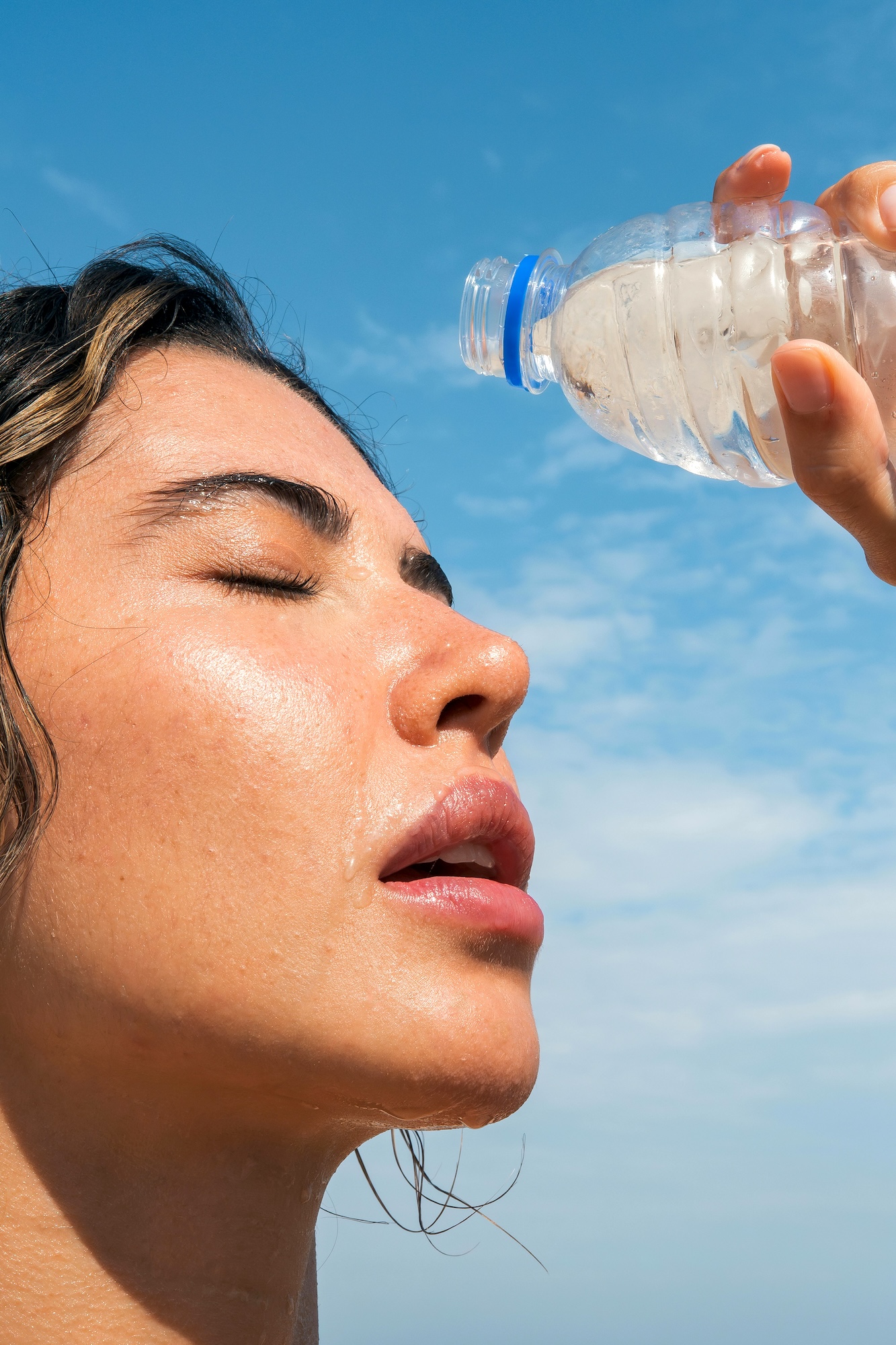There’s a specific temperature that’s too hot and dangerous for the human body
It’s climate change at its seemingly worst possible extreme: This summer is unbelievably hot, with the heat indexes close to hitting 50ºC.
Schools are suspending classes because of wild heat, and back in our day they were just suspending for typhoons. The wind gives no relief as it blows uncharacteristically warm. PAGASA says it’s about to get even hotter next month.
Ironically, I’ve been training pro wrestling in this heat, and during the hottest parts of the day. Granted, it’s inside a building with a couple of big fans, but this is still a kind of hell that only hardy athletes can get through. Others take it a notch higher by training outside with no shelter to save them from the sun.
The universal threshold temperature for heatstroke is 40 ºC. We’re technically living in heat indexes that are hotter than this, so you should do everything you need to do to stay cool
But is what we’re doing safe? The answer is no, clearly, but of course, inquiring (and overly dedicated) athletes want to know: How hot is too hot to train?
Some likely just want to know because they need a frame of reference for the upper limit they can take their bodies to. (Please don’t do this if you’re not an elite athlete, and even if you are, please don’t risk it, either.) The current research is firm: the actual danger zone for the human body is around 32ºC.
It should be noted, however, that these numbers are from a government advisory in a temperate climate—32 for us is a typical day in times between the summer months and “tag-lamig.” Any athlete or person who’s done some sort of physical activity has likely survived working out at around this range.

But still, that doesn’t necessarily make it a good and safe idea. 32ºC is still a good reference for how prudent we have to be when it comes to hydration and monitoring how our body feels. A cool morning or around sunset in this season, when most people do their running or biking, should be around 28 to 29 ºC, more or less. The thermometer jumps to 31 at around 8 a.m. and gets higher from there.
You should also know that the universal threshold temperature for heatstroke is 40ºC. We’re technically living in heat indexes that are hotter than this, so you should do everything you need to do to stay cool.
Basically, if you’re reading this right now, the answer is it’s always too hot to exercise until the average daily temperatures go down
So what should you do?
- Stay hydrated. You’re probably not as hydrated as you think you are. Drink before you train, a lot while you train, and especially after the workout. It’s better to be bloated on water than it is to be panting and dry-mouthed, whether you’re indoors or outdoors.
- If you must train in the middle of the day, train inside. Indoor training is the way to go if you’ve got no time nor energy to wake up early and work out before the sun is up.
- If you can’t train with air conditioning, train away from the sun. Other than the fact that direct sunlight is the hottest (it makes temperatures feel around 15 degrees hotter), even with protection and hydration, it’s also going to be terrible for your skin.
- If you have to train outside, keep it short. This one doesn’t really need much explaining. Make the minutes matter.
- If you’re in doubt or feeling unwell, stop. Heat sickness eventually gets to rhabdomyolysis and then death. It’s much better to skip a workout than to cut your entire life short just because you were afraid of missing out on your gains. There will always be another day.
Basically, if you’re reading this right now, the answer is it’s always too hot to exercise until the average daily temperatures go down. So please don’t work out outside if you absolutely don’t have to—and if you do, please reconsider or don’t stay out too long. Stay safe, everyone.